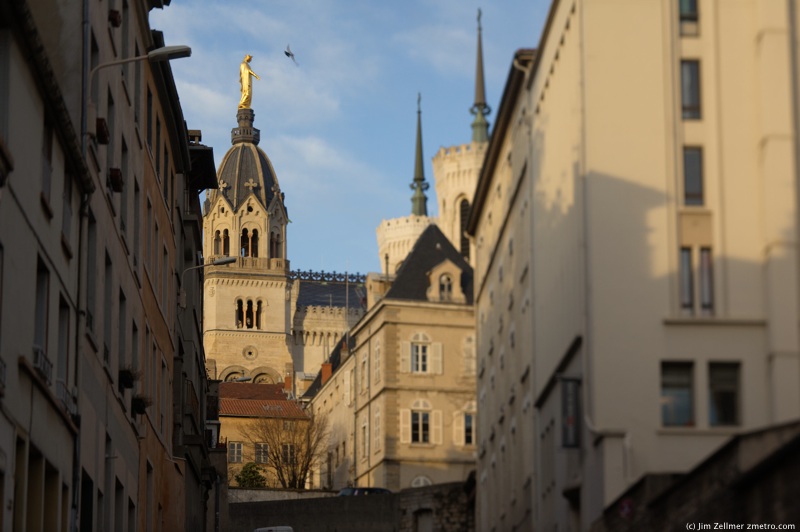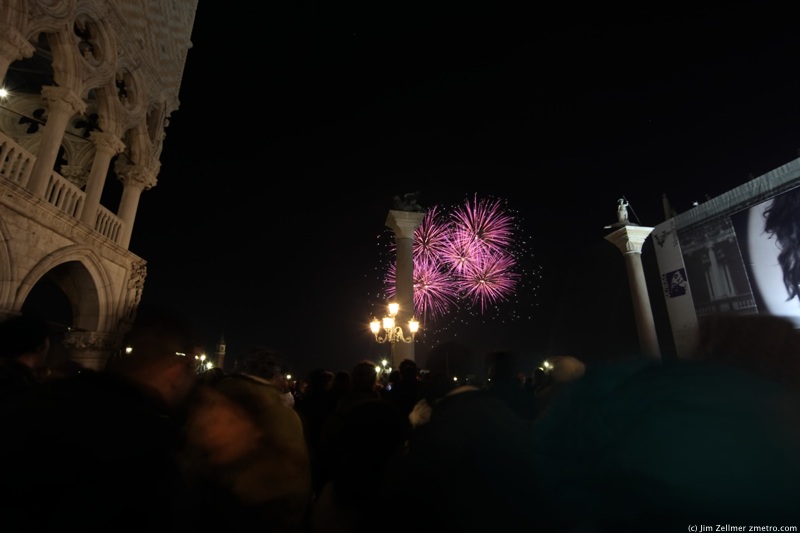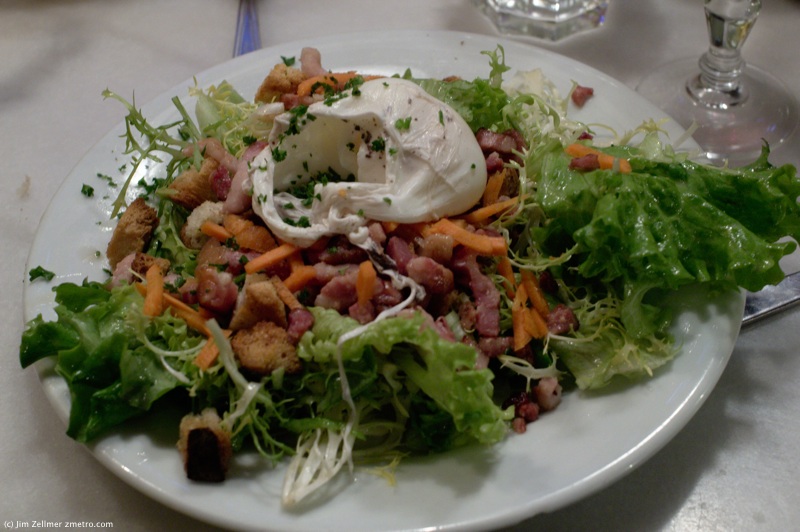Daily Archives: January 8, 2011
Joy to the World: Christmas, 2010
Joy To the World from Jim Zellmer
Recorded Christmas Day, 2010 in Parma, Italy
Christmas: Lyon – Turin – Parma – Florence – Bologna – Venice; a Few Recommendations

Lodging recommendations & comments:
- Lyon, France: Artelit. A superb location with a fabulous proprietor. Frederic Jean’s friendship and professionalism was a joy to experience, particularly when facing a very difficult parking situation! Highly recommended.
- Turin: Best Western Hotel Piemontese. A surprisingly spacious facility, conveniently located near the rail station, bus stops and a number of Turin destinations. Great service and a surprisingly extensive breakfast.
- Parma: A number of hotels were closed over Christmas. We stayed here: Vittorio Dalla Rosa Prati. Friendly service and a fabulous location adjacent to the Baptistry. Rooms include a refrigerator, sink and range so one can shop at the nearby markets and prepare meals.
- Florence: Relais Uffizi. A charming, small find next to the Uffizi Gallery Musuem. Close to everything with very helpful staff.
- Bologna: Albergo Centrale. Tremendous location in a fascinating city. Don’t forget the gelato, which was poetic.
- Venice: Hotel Antico Doge. Very helpful staff with superb restaurant recommendations. Well located, but smoke seemed to be present in the room, unfortunately.

I am very thankful to have “met” Madeline Jhawar, who suggested the stops in Turin, Parma and Bologna. I am grateful for her assistance and intelligence. I also took a look at Lonely Planet’s suggestions, the New York Times travel section and Karen Brown.
We rented a car from Europcar, flew via Lufthansa (insufferable coach seats in my experience but very friendly staff) and used buses, trams, water buses, gondolas and most of all our feet.
Politics & The Internet
FOR wizened cyberpunks, it is a seemingly timeless debate: does the internet inherently promote openness and democracy, or can it just as easily strengthen the hand of authoritarian regimes? A decade ago Andrew Shapiro’s book “The Control Revolution” argued the former, while Shanthi Kalathil’s and Taylor Boas’s tome “Open Networks, Closed Regimes” dissented. This week sees the publication of “The Net Delusion: The Dark Side of Internet Freedom” by Evgeny Morozov, which sides with the pessimists.
The argument usually ends in a stalemate of competing anecdotes. Street protests organised by mobile text messages successfully oust Philippine President Joseph Estrada in 2001; Iran’s supposedly Twitter-powered Green Movement gets quashed in 2009. And so on. Clay Shirky, one of the preeminent public intellectuals of the internet, who has previously sided with cyber-utopian optimists, has now elegantly squared the circle by establishing an intellectual framework to consider the topic in “The Political Power of Social Media”, an article in the current Foreign Affairs. (Users must register to access the complete essay, but it is free.) Mr Shirky’s essay makes three principal contributions to the debate.
